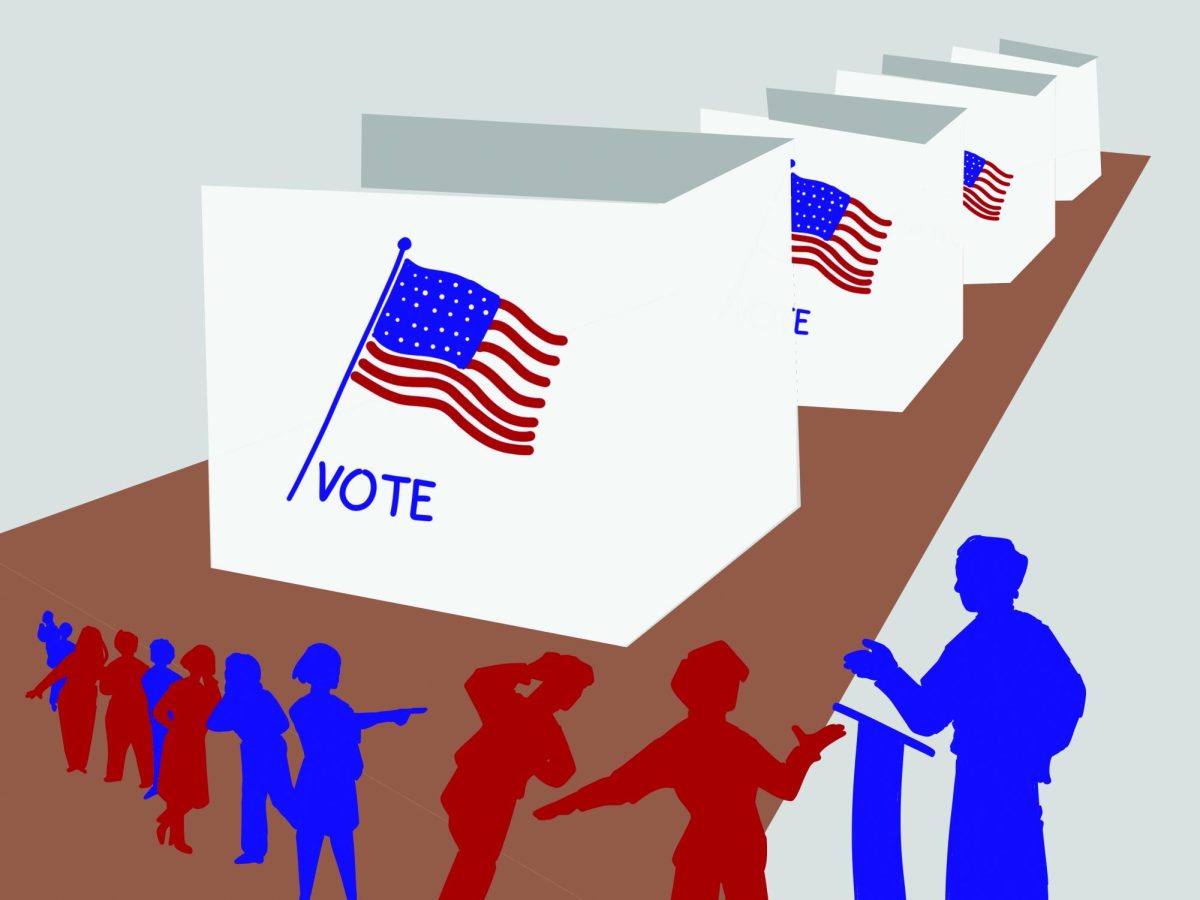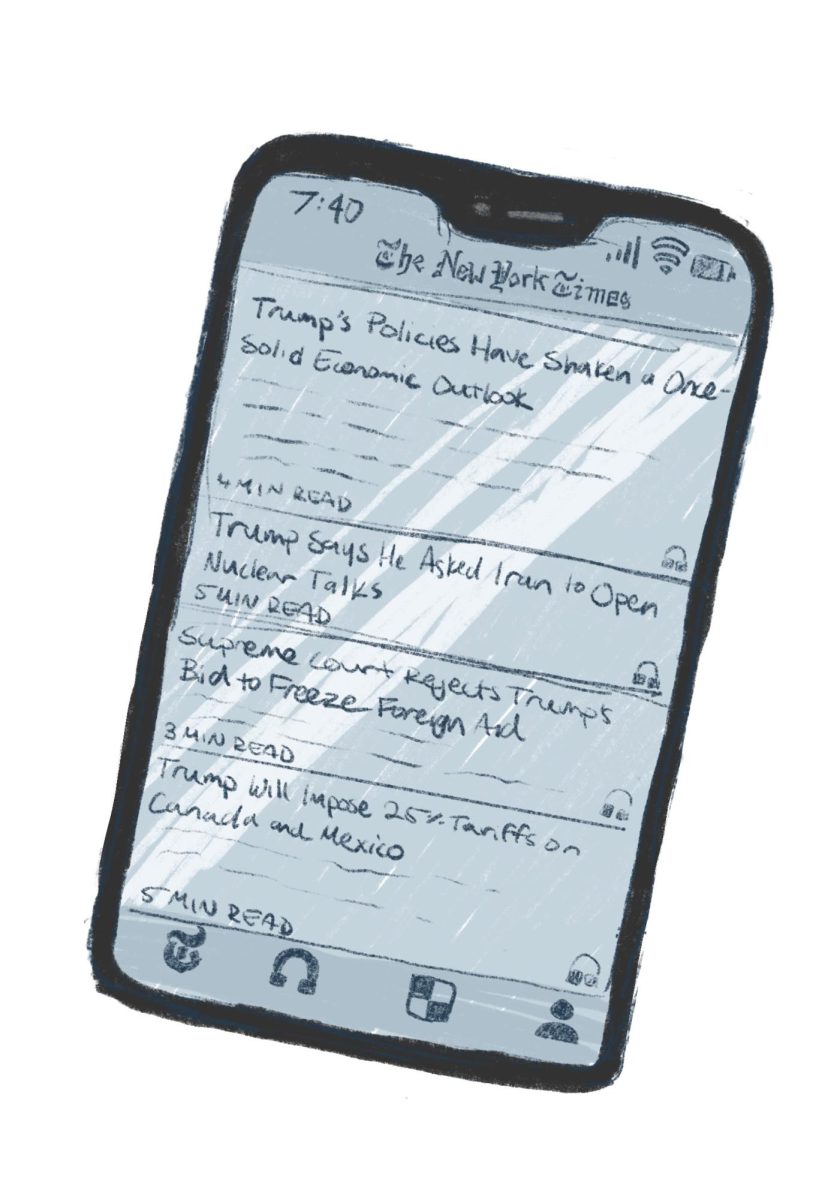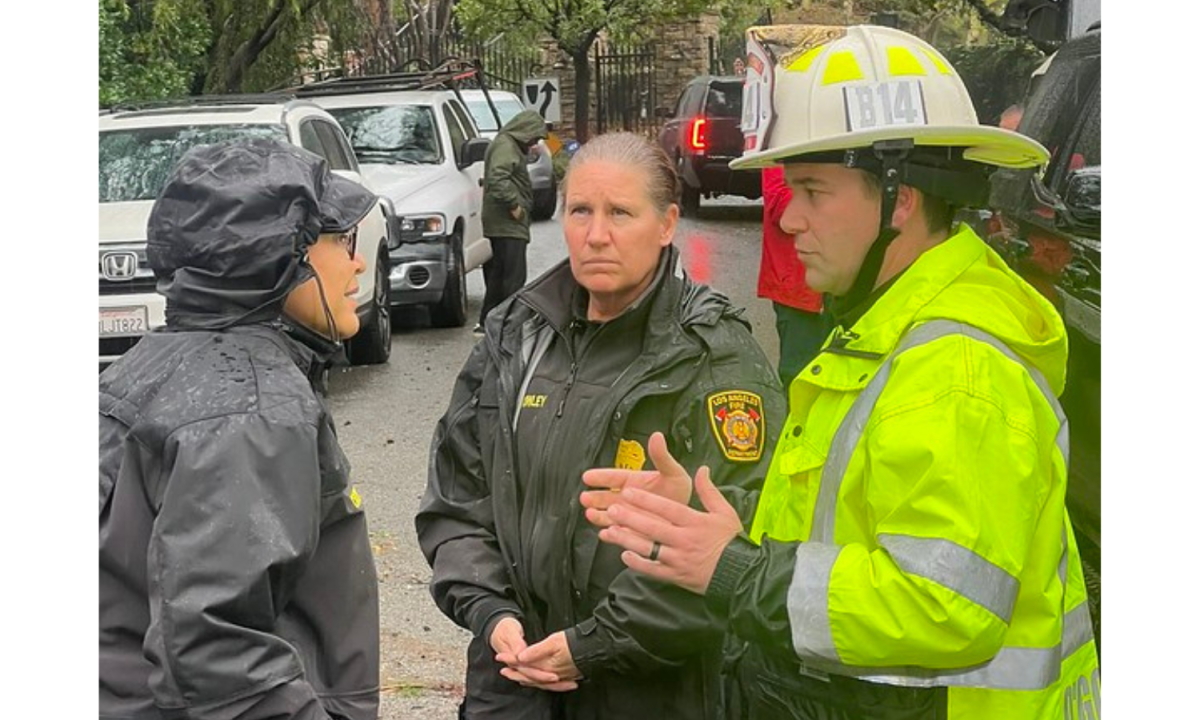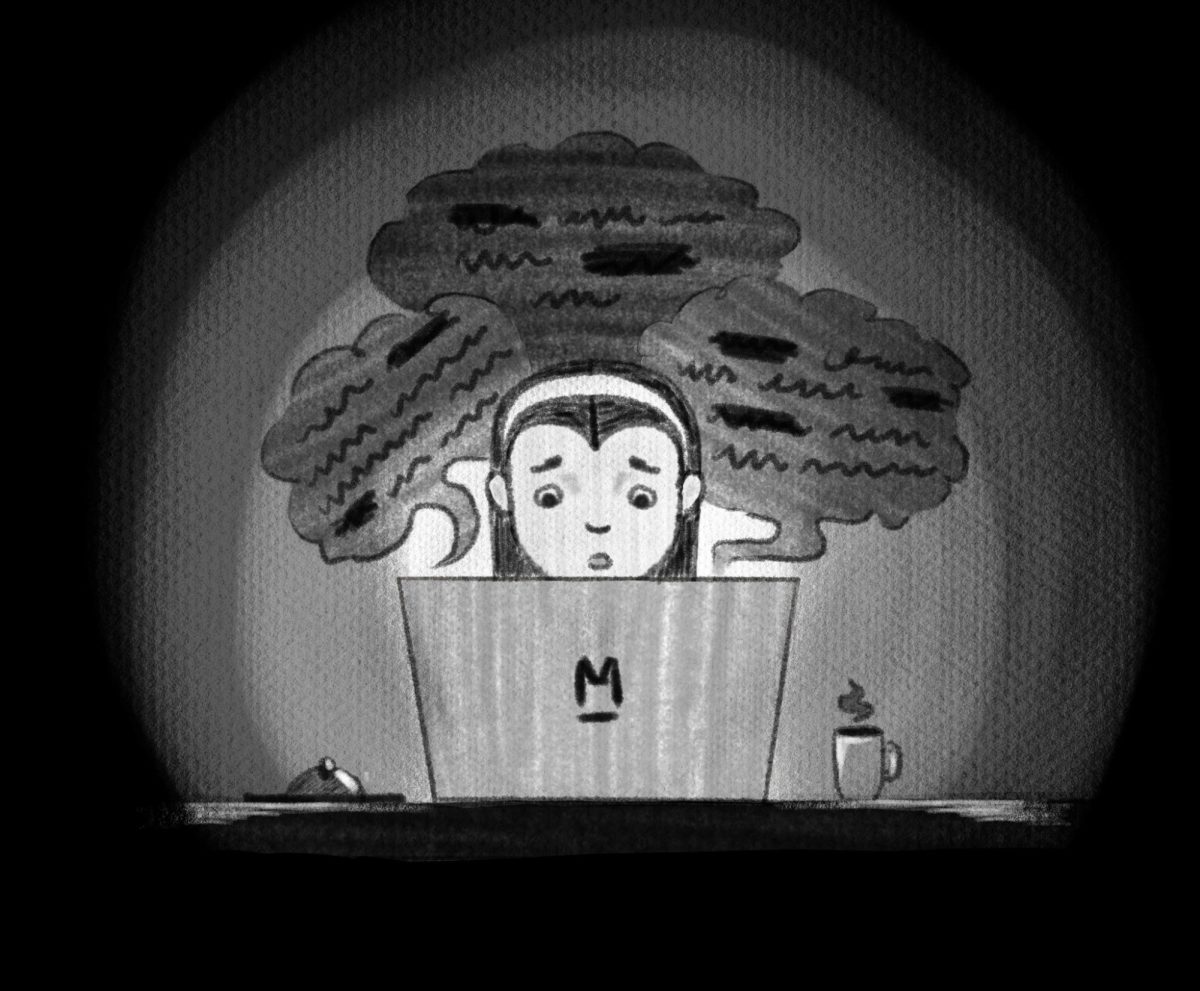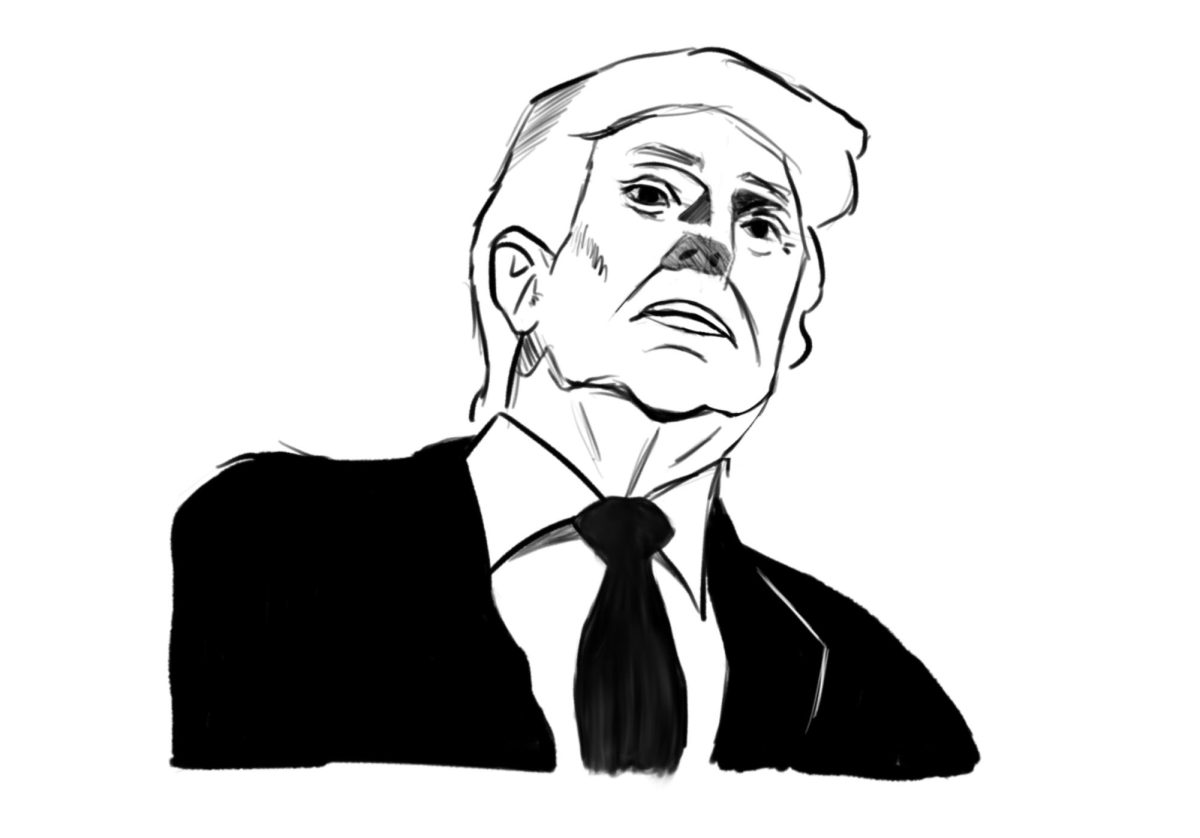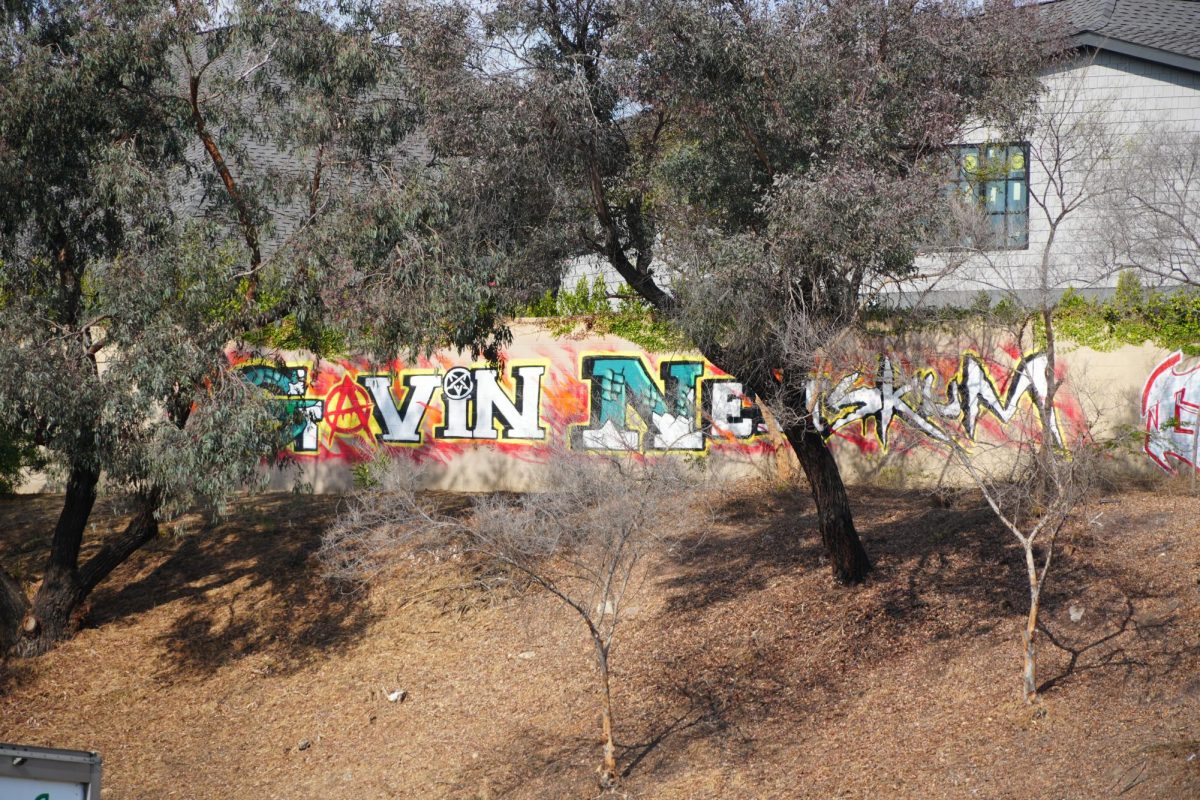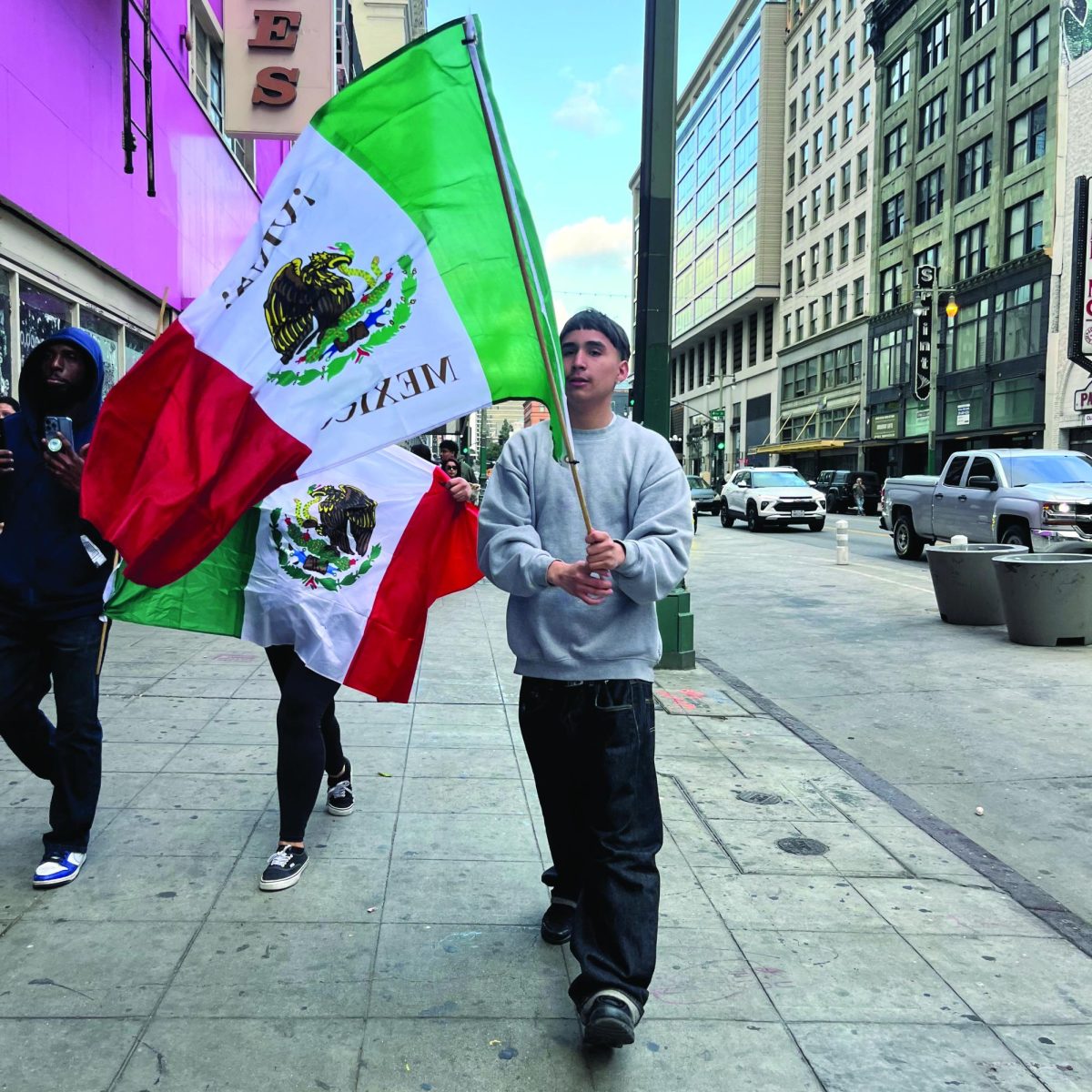In September 2023, The Associated Press and other mainstream organizations reported that the No Labels party, a centrist party formed in 2010, was becoming a serious third party in the U.S., having gotten on 21 state ballots and garnering support from wealthy donors. Their mission to create bipartisan cooperation was no longer considered another unreachable goal put forth by a minor group. Instead, No Labels seemed to be destined to have a significant effect on the outcome of the election. But on April 4, 2024, the No Labels party shocked the nation when they announced that they were unable to select a moderate candidate and would no longer be in the running.
The No Labels party is only one party out of many others that have attempted to elect a third-party candidate for president, perhaps the most well-known of these parties being the Green Party and Libertarian Party. Besides these groups, many independent candidates also appear every four years to challenge the Democrat versus Republican status quo. For instance, the 2024 election has witnessed alternative candidates and parties in full force with independents like Robert F. Kennedy Jr. and Cornel West running. In the past, independents and third-party candidates have gotten far enough into the election to possibly change the result, as seen with Ralph Nader in 2000 and Ross Perot in 1992. However, like No Labels’ failure, these alternative candidates have consistently fallen short of electing an independent into the White House, leading us to beg the question: What has prevented third-party/independent success in finally electing a president?
While a poll conducted by Gallup found that 46% of Americans claim to be independent, by the time an election swings around, these “independents” often vote for a Democratic or Republican candidate, according to Governing. While independents may not fully support either party, the Democratic and Republican parties are currently so far apart in views that many independents have a party, or candidate, that they like least.
“The interesting thing about independents is that they do have affiliations to political parties,” University of Michigan political scientist and author of “2016’s Independent Politics” Yanna Krupnikov said in an interview for The New Republic. “They typically have a preference, but it’s potentially different from the deep-seated attachment that a strong partisan might have. But a large portion of them do seem to prefer one party or the other.”
Furthermore, according to Pew Research, more than 60% of independents who lean Republican or Democrat have either “very” or “somewhat” cold opinions of the other party.
Therefore, independents fear that if they “throw away” their vote on an alternative candidate less likely to win, they could be responsible for the election of their least favorite Democratic or Republican candidate. As a result, though a Gallup poll reports that 63% of Americans believe the two parties do “such a poor job” representing the public, the success of an alternative third party will likely never come to fruition because many voters are too scared to vote outside of the norm.
Democratic and Republican party leaders also add to many independents’ “wasted-vote” fears because they have claimed that third-party candidates are a danger to their success. Democratic voices in the media, for example, have claimed that the No Labels party would aid Trump in his mission to return to the White House, according to The Associated Press.
Ultimately, the intense polarization between Democrats and Republicans in today’s politics, indicated by the Donald Trump and President Joe Biden rivalry, only increases each party’s desire to win. If a third-party candidate is in the way of success, Democrats and Republicans will not hesitate to try and take them down. Thus, third parties like the No Labels party, which had a burst of sudden but short-lived popularity, are destined for doom when the polarizing and fear-based landscape of American politics lives on.
On a more technical level, the dominance of the two-party system in American politics for over 200 years has left our political systems tailored to only Democrats and Republicans. For independents trying to run against either party, conquering their deep-rooted support and structure is a feat on any level, particularly when it comes to getting on the ballot. According to NBC News, Republican and Democratic candidates in Arizona only need to collect about 6,000 valid signatures to appear on the ballot. On the other hand, independents have to grapple with achieving around 37,000 valid petitions. More alarmingly, according to NBC News, the “sore loser” laws, upheld in 44 states across the country, stipulate that if a candidate loses an initial primary then they cannot appear on the general election ballot. For independents who are more likely to gain popularity later in the election cycle, their success in the election could be stifled before it even had the chance to begin. As a result of these laws, many independents cannot represent themselves outside of the two-party system, leaving Americans with only two choices: Democrat or Republican.
This year’s failure of the No Labels party provides a compelling example of how little choice voters have, and it could get even worse. The state of our nation’s politics is becoming increasingly polarized with the Trump and Biden rivalry, and the entrenchment of the two-party system runs deeper than ever before. Therefore, it is more true than ever that, in America, independents cannot succeed.

